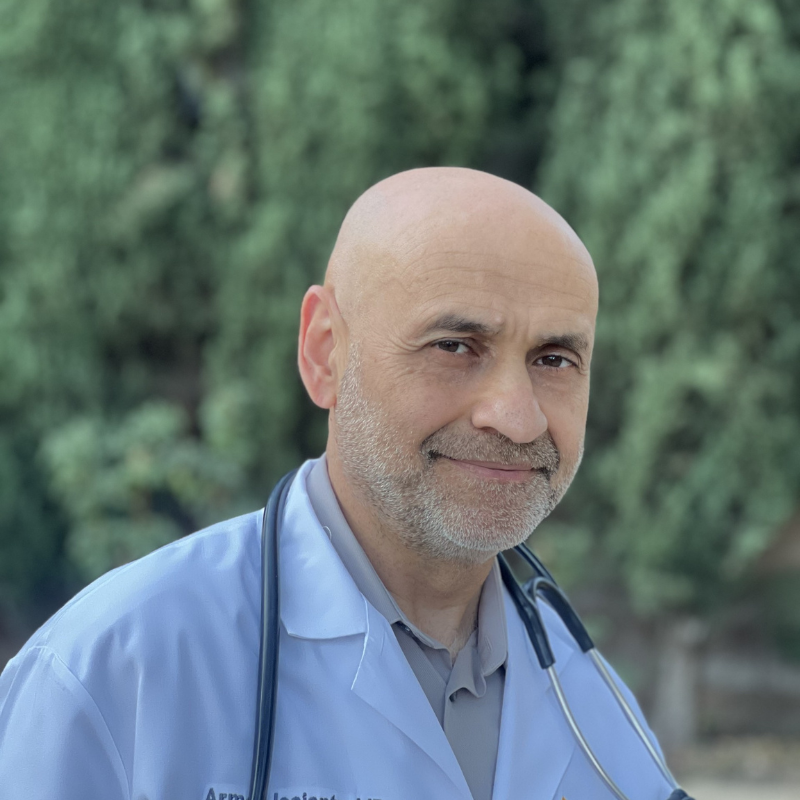How Sleep Affects Your Heart Health
You know that feeling when you wake up after a good night’s sleep, refreshed and ready to take on the day? Sleep is not just about feeling rested, it has a big impact on your overall health, especially your heart. Your heart works tirelessly to pump blood, deliver oxygen, and support your body. Sleep is like a repair session for your heart, giving it a chance to recharge and stay strong.
If sleep isn’t a priority in your life, whether it’s due to stress, busy schedules, or late-night habits, it might be taking a toll on your heart. Let’s explore how sleep and heart health are connected, why poor sleep can be risky, and what you can do to protect your heart while catching more Z’s.
Why Sleep Is Vital for Heart Health
When you sleep, your body goes into recovery mode. Your heart rate slows, your blood pressure drops, and your body uses this time to reset. Quality sleep is essential for your cardiovascular system, helping it recharge so it can be ready for the next day.
What Happens During Sleep:
- Heart rate slows down. This gives your heart a break from constant activity.
- Blood pressure decreases. Lower pressure reduces strain on your heart and arteries.
- Tissue repair kicks in. Cells throughout your body, including those in your heart and blood vessels, repair themselves.
- Stress hormones reset. Sleep helps balance hormones like cortisol that, in excess, can harm your heart.
Without enough quality sleep, your heart misses out on these key benefits, leaving it more vulnerable to health problems.
The Link Between Poor Sleep and Heart Problems
We’ve all had nights where we stayed up too late or tossed and turned for hours. Occasionally missing sleep isn’t a huge deal, but when poor sleep becomes a habit, it starts to affect your heart. Studies show that people with sleep issues are more likely to develop heart problems such as high blood pressure, heart disease, and stroke.
Risks of Poor Sleep:
- High blood pressure. Sleep helps regulate your blood pressure. Without enough rest, it can stay high during the day, straining your heart.
- Inflammation. Lack of sleep increases inflammation in your body, which can damage your blood vessels.
- Weight gain. Poor sleep affects hormones that control hunger, often leading to overeating and weight gain, both risk factors for heart problems.
- Irregular heart rhythms. Sleep disorders like sleep apnea can cause erratic heartbeats that stress the cardiovascular system.
One of the most alarming issues is sleep apnea, a condition where your breathing stops and starts repeatedly during sleep. It’s strongly linked to heart disease and other serious health problems.
How Sleep Quality Impacts Your Cardiovascular System
The quality of your sleep matters as much as how long you’re sleeping. Even if you’re in bed for eight hours, disruptions can prevent you from getting the deep, restorative sleep your heart needs.
The Role of Sleep Stages:
- Deep sleep is when your body does most of its recovering. Your blood pressure and heart rate drop the most during this stage.
- REM sleep (dream sleep) helps regulate stress hormones and maintains healthy brain function. Poor REM sleep can increase stress and heart strain.
If you wake up feeling groggy or always need naps during the day, it might be a sign that your sleep quality isn’t up to par.
Tips for Better Sleep to Boost Heart Health
The good news? Improving your sleep habits can have big benefits for your heart. You don’t need a complete lifestyle overhaul, just a few everyday changes can make a world of difference.
Create a Sleep-Friendly Environment:
- Keep your bedroom cool and dark. A comfortable temperature and blackout curtains can help your body relax.
- Invest in a good mattress and pillow. The right support can improve your sleep posture and comfort.
- Limit noise. Use a white noise machine or earplugs if nighttime noises disturb you.
Build a Relaxing Bedtime Routine:
- Unwind with activities like reading, meditating, or taking a warm bath.
- Avoid screens (like phones or laptops) an hour before bed, as blue light can interfere with your sleep hormones.
- Go to bed and wake up at the same time every day, even on weekends, to set a steady rhythm for your body clock.
Healthy Habits for Restful Nights:
- Exercise regularly. Getting 30 minutes of moderate activity most days can help you fall asleep easier.
- Avoid caffeine and heavy meals close to bedtime. Both can keep you awake or disrupt your sleep cycles.
- Limit alcohol. While it might make you sleepy at first, alcohol interferes with deep sleep and can worsen conditions like sleep apnea.
Listen to Your Body:
If you often wake up tired despite a full night’s rest, it’s worth talking to your doctor. They may want to check for underlying sleep disorders, like insomnia or sleep apnea.
How Much Sleep Does Your Heart Need?
You’ve probably heard that adults need 7-9 hours of sleep a night, this range ensures your heart and body have enough downtime to recover. But this isn’t one-size-fits-all. Some people feel great with 7 hours, while others thrive with closer to 9.
The key is consistency. A sleep schedule that varies every night doesn’t allow your body to fully settle into a rhythm, which impacts your sleep quality.
Age-Specific Sleep Needs:
- Teens (14–17 years): 8–10 hours
- Adults (18–64 years): 7–9 hours
- Older adults (65+ years): 7–8 hours
No matter your age, developing healthy sleep habits can pay off in better heart health and overall well-being.
Protect Your Heart, One Night of Sleep at a Time
Your heart works around the clock for you, but it needs those nightly breaks to recharge and stay strong. By prioritizing your sleep, you’re not just helping your heart, you’re improving your energy, mood, and overall health.
Take Action Today:
- Start by setting a regular bedtime and sticking to it.
- Practice a calming bedtime routine to ease into sleep.
- Make small changes to your environment for more restful nights.
A healthy heart starts with healthy sleep. Commit to one new habit from this list tonight and feel the difference tomorrow! Remember, small steps lead to big changes. Together, we can keep your heart happy and strong!
It’s your life. Live it your way.
WelbeHealth provides full-service healthcare and personalized support to help you age well at home and in your community. Our Program of All-Inclusive Care for the Elderly (PACE) meets the changing needs of seniors, often at no cost. To see if you qualify, call: (888) 750-0248 | TTY 711 or visit: welbehealth.com/contact




































































